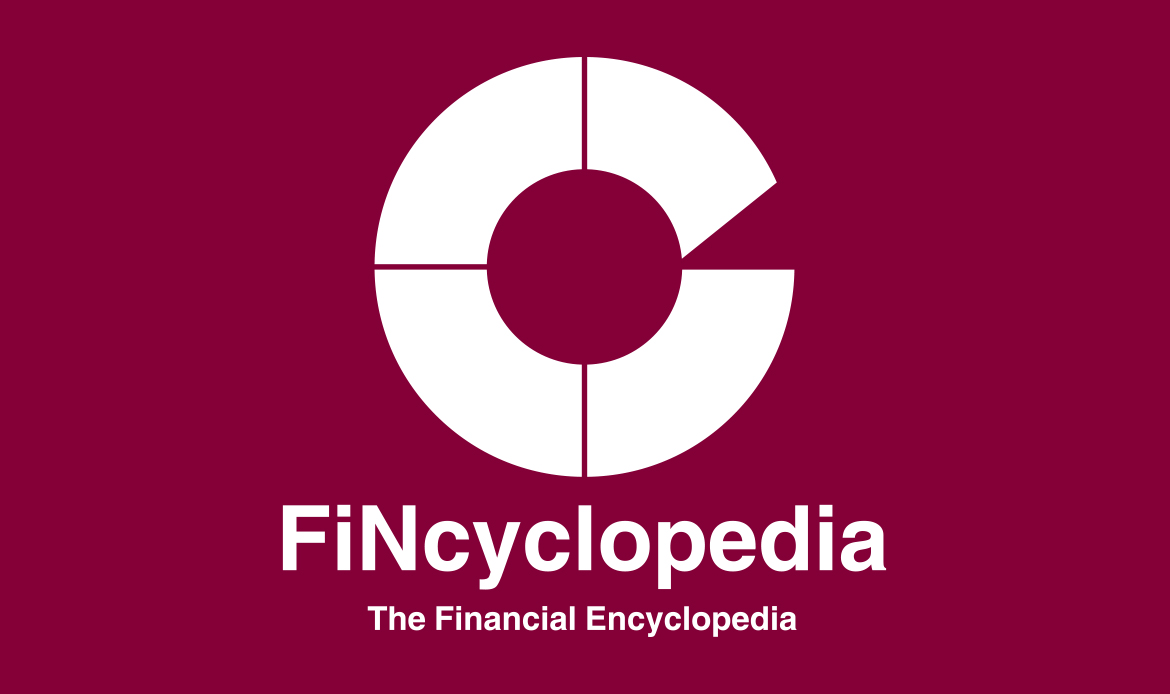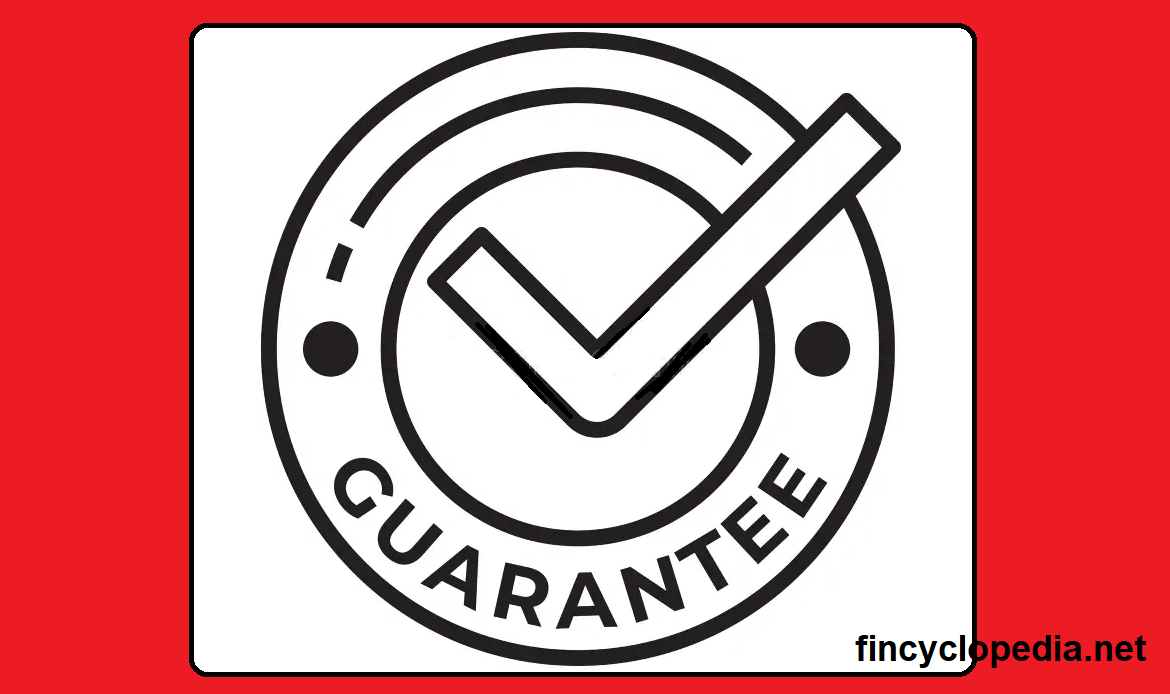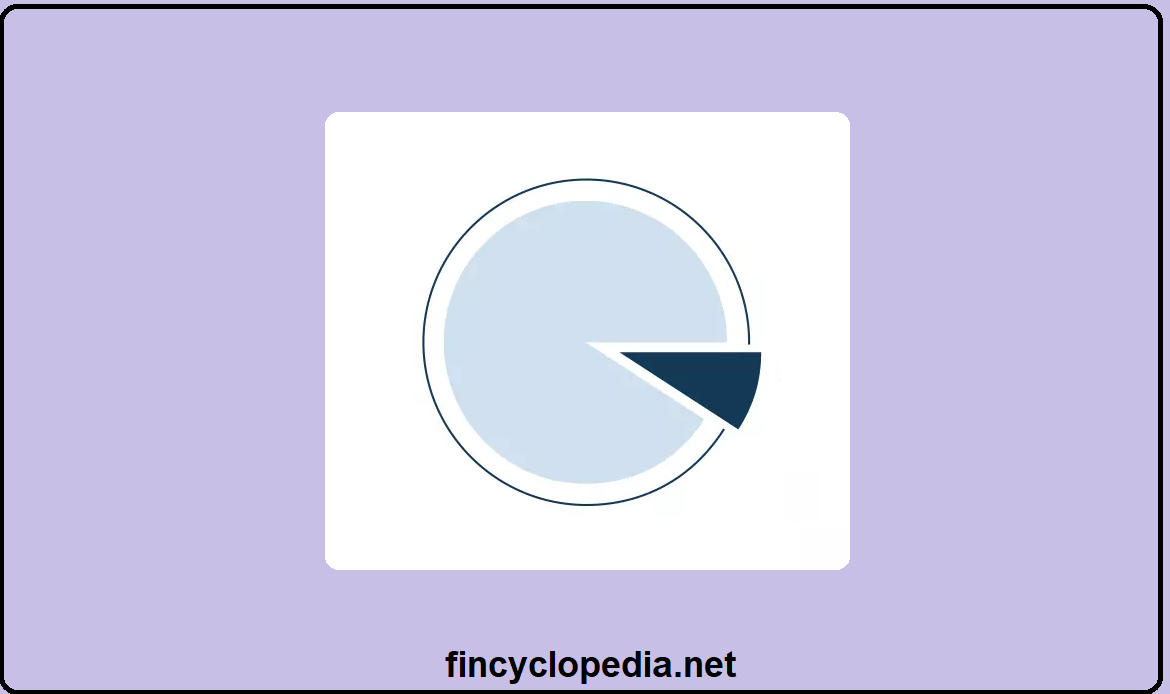The valuation of an asset at fair value (i.e., without selling, or dispose of, it). For example, mudharaba capital provided by rab ul-mal in kind (trading assets or non-monetary assets for use in the mudharaba business) is typically measured at the fair value of the assets as agreed between rab ul-mal and al-mudharib. Also, if a short-term mudharaba contract is scheduled to be rolled over, then there can be periodic liquidation depending on the principle of tandhidh hukmi to see if a profit has materialized. However, in the case of sharika, the profit can be distributed on the basis of tandhidh haqiqi or tandhidh hukmi, depending on whether the musharaka assets are disposed of or kept on the venture’s books.
Tandhidh hukmi is an Arabic term (تنضيض حكمي) that translates as constructive valuation or simulated liquidation.







